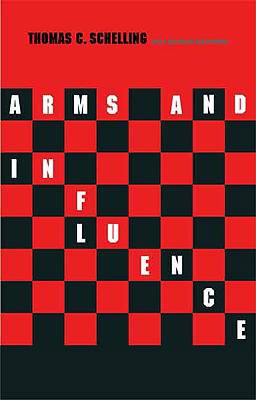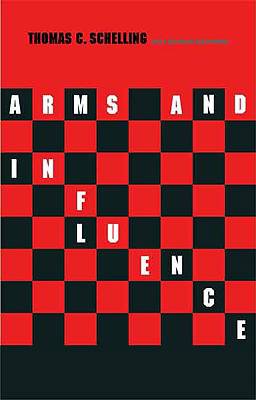
- Retrait gratuit dans votre magasin Club
- 7.000.000 titres dans notre catalogue
- Payer en toute sécurité
- Toujours un magasin près de chez vous
- Retrait gratuit dans votre magasin Club
- 7.000.0000 titres dans notre catalogue
- Payer en toute sécurité
- Toujours un magasin près de chez vous
Description
Traditionally, Americans have viewed war as an alternative to diplomacy, and military strategy as the science of victory. Today, however, in our world of nuclear weapons, military power is not so much exercised as threatened. It is, Mr. Schelling says, bargaining power, and the exploitation of this power, for good or evil, to preserve peace or to threaten war, is diplomacy--the diplomacy of violence. The author concentrates in this book on the way in which military capabilities--real or imagined--are used, skillfully or clumsily, as bargaining power. He sees the steps taken by the U.S. during the Berlin and Cuban crises as not merely preparations for engagement, but as signals to an enemy, with reports from the adversary's own military intelligence as our most important diplomatic communications. Even the bombing of North Vietnam, Mr. Schelling points out, is as much coercive as tactical, aimed at decisions as much as bridges. He carries forward the analysis so brilliantly begun in his earlier The Strategy of Conflict (1960) and Strategy and Arms Control (with Morton Halperin, 1961), and makes a significant contribution to the growing literature on modern war and diplomacy. Stimson Lectures.Mr. Schelling is professor of economics at Harvard and acting director of Harvard's Center for International Affairs. An exemplary text on the interplay of national purpose and military force.--Book Week. A grim but carefully reasoned and coldly analytical book. . . . One of the most frightening previews which this reviewer has ever seen of the roads that lie just ahead in warfare.--Los Angeles Times. A brilliant and hardheaded book. It will frighten those who prefer not to dwell on the unthinkable and infuriate those who have taken refuge in the stereotypes and moral attitudinizing.--New York Times Book Review.
Spécifications
Parties prenantes
- Auteur(s) :
- Editeur:
Contenu
- Nombre de pages :
- 312
- Langue:
- Anglais
- Collection :
Caractéristiques
- EAN:
- 9780300143379
- Date de parution :
- 01-11-08
- Format:
- Livre broché
- Format numérique:
- Trade paperback (VS)
- Dimensions :
- 130 mm x 201 mm
- Poids :
- 340 g

Les avis
Nous publions uniquement les avis qui respectent les conditions requises. Consultez nos conditions pour les avis.






